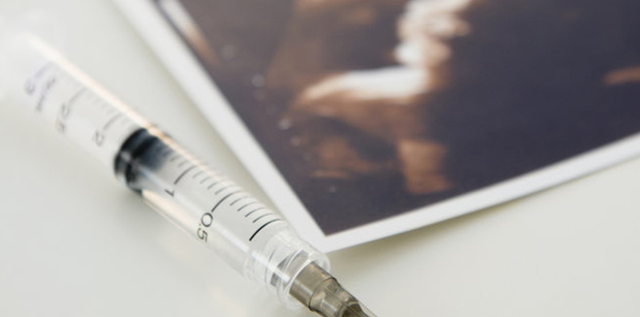
11:52 31st May 2016 | Standard IVF Procedures
IVF Practice Standard Costs Popular Destinations Medication Consultations IMSI Abroad IVF Treatment Travel Accomodation Fertility Regulations International Standards Fertility Treatment Surrogacy Reputable Clinics Indian Society Assisted Reproduction JCI ISO SRD Genetic Conditions Assisted Hatching IVF Surrogacy Donated Eggs PGD Sex Selection Genetic Disorder Embryo Storage
IVF is practiced all over the world and the costs and standards vary as much as the countries themselves. Popular destinations include India ($2, 300),Dubai ($6, 800), the United Kingdom ($4, 500) and the United States ($12,000+). These fees exclude medication, consultations and IMSI (Intracytoplasmic Morphologically-selected Sperm Injection) which we insist upon and is included in our costs.
Going abroad for IVF treatment has its own complications and it is essential to check the cost and availability of your travel, accommodation and all the inevitable extras.It is also important to check the regulations governing fertility treatments in the country of your choice. Do you meet the country’s age requirements for this treatment? Are you comfortable with the laws concerning donors? Many countries adhere to accepted international standard but some do not and you need to know the rules. We look at India to give you some idea. Clinics in India allow fertility treatments for women up to 55 years. Surrogacy is available and reputable clinics are registered by the Indian Society for Assisted Reproduction, JCI accredited and ISO certified.
What is allowed. What is not.
*Sperm, egg and embryo donation is allowed.
*Egg donors must be aged between 18 and35 years.
* Potential egg donors are screened for infection, sexually transmitted diseases and genetic conditions.
*There are several sperm banks and sperm donor screening is extensive.
*Intracytoplasmic sperm injection (ICSI)is allowed as are micromanipulation, assisted hatching and IVF surrogacy
*Women up to 55 - 60 years old can be treated using donated eggs.
*Non-identifying information about donors is available to prospective parents but donation is strictly anonymous.
*Women who donate eggs may only do so up to six times.
*A maximum of three embryos are transferred but normally one or two embryos are transferred in women under 30.
*Pre implantation Genetic Diagnosis is allowed when there is a medical need. Sex selection is only allowed when there is a risk that a child will inherit a genetic disorder.
*Embryo storage is available for five to ten years.
All these things should be considered before making your choice. But why go abroad when you can get the best treatment at home with none of the stress?
Search by condition, treatment or keyword and conveniently browse our informative articles
Book an appointment online or search for a clinic close to you.
Book an Appointment